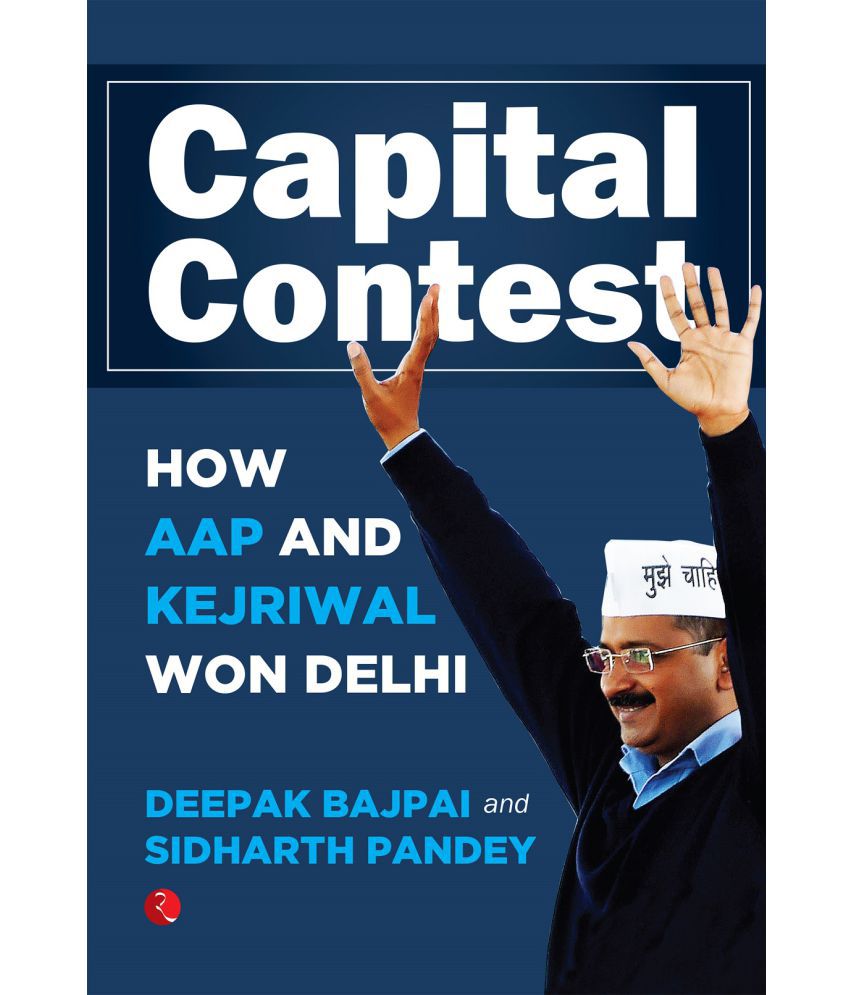The battle for India’s capital, and how the political disruptor emerged victorious—once again.
It was a bitterly fought battle—the battle for the Delhi state assembly in 2020. The Aam Aadmi Party (AAP) and Arvind Kejriwal, a one-time self-confessed anarchist, were pitted against the Bharatiya Janata Party (BJP) and the Chanakya of Indian politics, Amit Shah. If it was a battle of prestige for the BJP, it was a battle of survival for the AAP, for losing Delhi could have been the beginning of their end.
Capital Contest tells us the story of how the political disruptor managed to disrupt once again and win the capital contest. It also gives deep insights into how the AAP has grown as a political entity. Weaving in candid accounts from the party’s key decision-makers and strategists, this book is an essential read not only for those who keenly track politics and sociology, but also for all those who are interested in understanding how India has changed and continues to change and how its politicians must continuously monitor the pulse of the people so as to be in sync with a fast-changing nation.
- About Author - DEEPAK BAJPAI, a former investigative journalist, left NDTV to volunteer and then joined the Aam Aadmi Party (AAP). A former National Treasurer and Secretary of Arvind Kejriwal’s political secretariat, and a member of the Political Affairs Committee, the party’s highest decision-making body, Bajpai has worked closely with the top leadership as well as volunteers of the party. An intrinsic part of the core AAP team, he has been actively involved in the party's strategic choices, which puts him in a unique position to bring out the insights of this crucial election and the AAP’s evolution.
SIDHARTH PANDEY, an award-winning journalist with more than two decades of experience, has been keenly tracking the growth of the AAP from long before the party was even formed. Having worked closely on the Right to Information (RTI) Act, on which both Arvind Kejriwal and Manish Sisodia had started their social movements during their pre-AAP days, Pandey helps weave a narrative as an independent observer of the evolution of AAP’s key leaders and the party itself.

